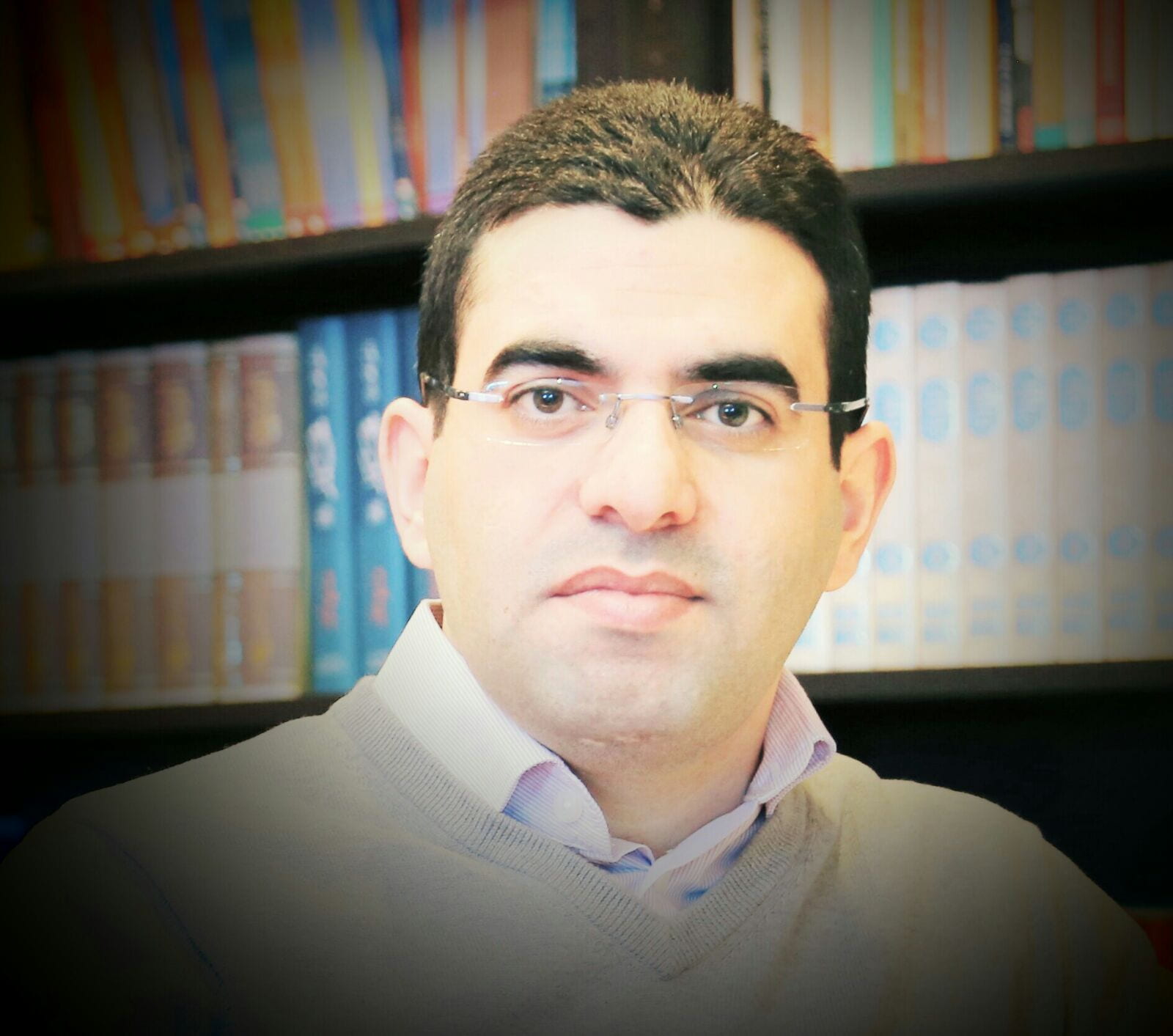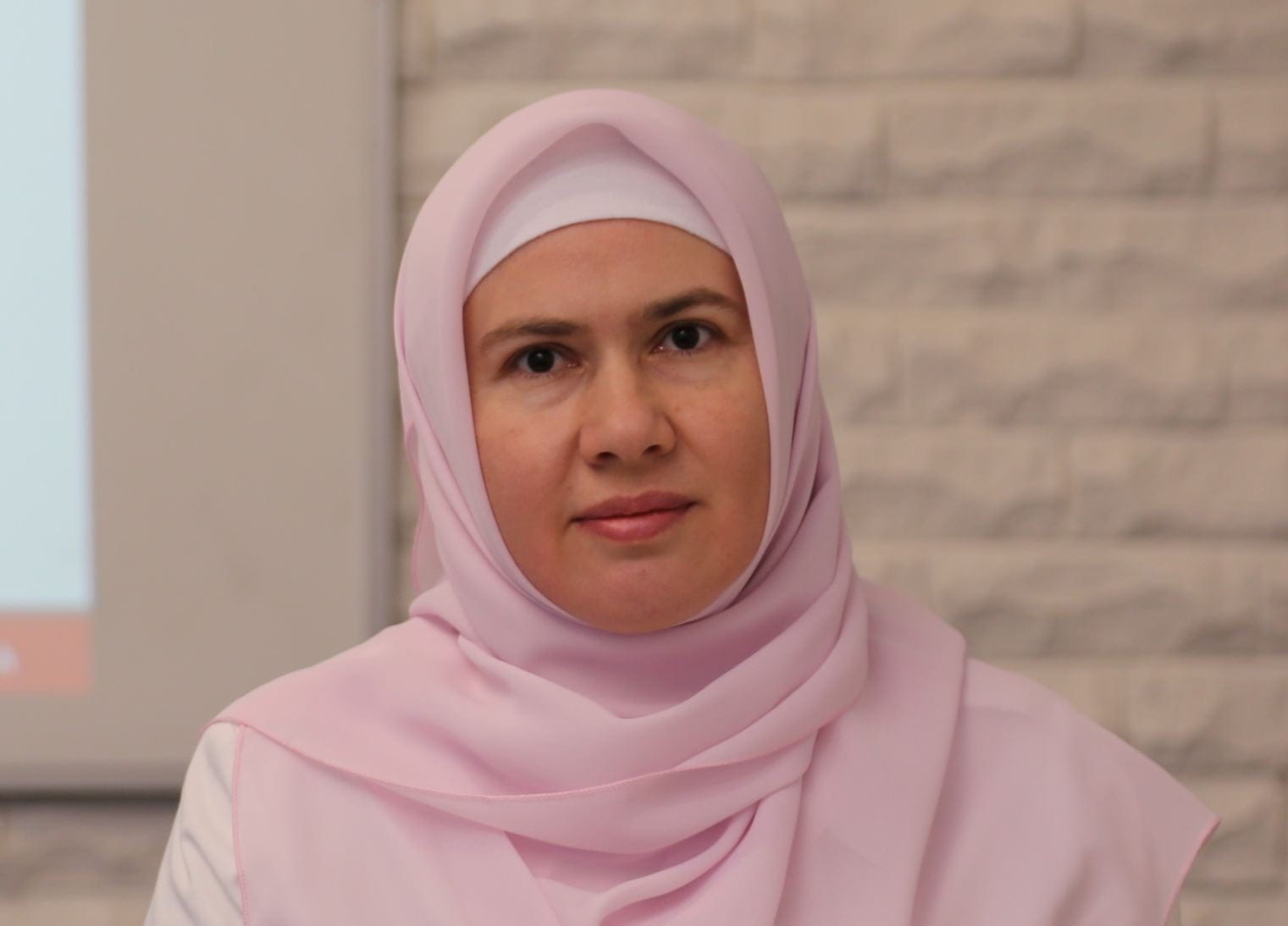Written by Salih Yucel
Latest Articles:
Peace Over Violence: The Prophet’s Attitude in Medina
Prophet Muhammad is considered to be the pinnacle of humanity by Muslims; the way he lived his life is interpreted by millions, and his actions and words remain alive and continue to be lived out. This can have huge consequences, both positive and negative. With the meticulous study of the sīrah (life of the Prophet), Muslims have produced different and opposing interpretations, all whilst claiming to follow the Prophetic way.
Regardless of the extensive research of the sīrah genre, there is a dominance of specific focus areas. For example, the Medinan era is strongly affiliated with battles. However, there were many other significant and noteworthy incidents which took place in Medina that have not been discussed as extensively. This article seeks to do just that; it provides detailed insight into those specific cases which could have easily led to violence if the Prophet had behaved differently. Highlighting such cases is essential for the guidance of Muslims who experience similar conflicts and are likely to be trapped into violence.

Interpreting the Sirah
An accurate interpretation of the sīrah and an all-encompassing analysis of the life of Prophet Muhammad are critical. Some Muslims use his life as justification to undertake violent acts, including acts of terrorism and violence. Such groups and individuals would argue that their “practice is in accordance with the Qur ’an, the sayings and deeds of the Prophet Muhammad . . . “[1]. ISIS and the Taliban are classic examples of groups who believe they are following in the footsteps of Prophet Muhammad when committing horrendous crimes [2].
This questionable interpretation of the sīrah is not exclusive to terrorists and extremists. Some of the most prominent sīrah scholars understand and interpret the sīrah in a way that portrays the Prophet as some type of warrior who sought to fight wars at every opportunity, or that some of the wars were offensive and not always defensive. For instance, Būtī [3], a famous contemporary Syrian scholar, interpreted the Khaybar battle, and all battles that took place after it, as offensive. Based on this understanding, he gave the verdict that offensive battles are permitted based on the sīrah. Such a verdict from a well-known and respected scholar is only one example of how extremists could be influenced to undertake offensive attacks in today’s world.
On the other side of the spectrum, Muslims use the life of Prophet Muhammad as an inspiration to become peace activists, referring to the Prophet as a peace-loving human being who was sent as a mercy to humankind (Qur’an 21:107). He is seen as a role model for establishing a pluralistic society where differences are not only tolerated but even respected [4].
Here, scholars have argued that all of the Medinan battles were defensive. For instance, Haylamaz notes that the Prophet only spent three days, or less than 15 hours to be precise, on the battlefield, where actual physical confrontation occurred [5].
It easily becomes clear that the spectrum of interpretation is broad. Competing literature continues to be produced on this topic, and depending on which voice is the loudest, it can make a difference between conflict and peace at the local and global levels. It is essential for Muslims to have a comprehensive understanding of sīrah in order not to be led into acts of terrorism or violence, and instead, to become peace activists.
Such a variety in interpretation requires more detailed analysis of the cases in the life of the Prophet. This is not to suggest ignoring wars and major incidents, but to focus on other significant events just as much, as they provide important insights into the Prophet’s stance against violence, and his preference for peace.
Many Muslims refer to the Prophet as a peace-loving human being who was sent as a mercy to humankind (Qur’an 21:107)
Incidents in the Medinan Period
This article focuses on the events during the Medinan era that were resolved peacefully when they could have easily turned violent. The power imbalance that existed in Mecca, where Muslims were powerless, did not exist in Medina. Hypothetically, Prophet Muhammad could have used this power as he wished, and his actions would have been seen as acceptable in the tribal, eye-for-an-eye society that existed, without the repercussions that he would have seen in Mecca. In such situations, how did he respond? How did he use his power? On numerous occasions, Prophet Muhammad had the opportunity to take reprimanding action under the societal norms of the time, actions that would have been considered fair and just. However, as will be seen from the examples that are provided, he preferred a gentler and forgiving approach where peace was his priority.
Hypocrites of Medina and Their Provocations
Once in Medina, the Muslims found themselves with newfound privileges that included protection, and financial and social benefits due to the strong brotherhood and sisterhood that existed among Muslims [6].
As a result, a group of individuals emerged who were known as the hypocrites, appearing to be Muslims while they were not [7]. While these individuals appeared to conform to society and act as part of the Muslim community, they were the cause of much conflict and tension within the community on various occasions. While several individuals fit this category, it suffices to focus on Abdullah ibn Ubayy ibn Salul, who is extensively discussed in sīrah sources as the leader and archetype of hypocrisy and the hypocrites [8].
Ibn Salul took the lead in many incidents, causing conflict and tension, including a slander incident where the Prophet’s wife, Aisha, was accused of being unchaste. The slander incident was a false allegation that had a significant impact on the Prophet, Aisha, and the Muslim community at large. When Aisha was found to be innocent, Prophet Muhammad could have easily sought justice and had Ibn Salul punished for defaming a Muslim woman and causing tension within a society where certain individuals were looking for any opportunity to undermine his power and authority. Despite all of the unrest caused by Ibn Salul, the Prophet forgave him and even wanted to lead Ibn Salul’s funeral prayer when he died, if it were not for a verse that was revealed that commanded him to abstain (Qur’an 9:80).
The Prophet’s willingness to lead Ibn Salul’s funeral prayer is a gesture that went beyond seeking justice and peace, and demonstrated forgiveness to such a point that he wanted to lead the funeral prayer of someone who had not only insulted, offended, and ridiculed him, but had caused huge personal, familial, and societal tension. Ibn Salul had died, so leading his funeral prayer would not have benefited their relationship in any way; it was not a strategy with worldly benefits. It was a gesture that stemmed from the Prophet’s forgiving and compassionate nature, which helped to maintain the peaceful society.

Provocations by the Medinan Jews
Upon arriving at Medina, one of the first things the Prophet concentrated on was establishing an atmosphere where everybody could live in peace. To this end, he worked on developing a constitution, famously known as the Medina Charter, which was signed with complete approval and acceptance by the different ethnic and religious groups of the city [9].
However, despite signing the Charter, disruptive individuals and groups emerged and continued their violence, with some of the Jewish and polytheist tribes of Medina being among the disruptors. One example is the way some Jews greeted the Prophet, by saying as-samu alayka (”death be upon you”) instead of as-salamu alayka (“peace be upon you”). Although the Prophet would respond wa alaykum “likewise, upon you as well” [10], on one occasion, Aisha, the Prophet’s wife, could not stop herself from saying “the death and the curse of God be upon you all” in defence of the Prophet. The Prophet disapproved of her response and asked her to be calm, saying “O Aisha! Do not speak badly. God does not like nasty words and those who use them. God is munificent and loves those who are gentle. God grants to peace what he does not grant to violence” [11].
What is important to note is that Prophet Muhammad was not merely refraining from retaliating with harsh words to just keep the peace, but he was setting firm limits on how Muslims should react to moments of tension and conflict, even when the individual may not be “deserving” of such gentleness.
Peace Treaty of Hudaybiya: Standalone Evidence for His Peaceful Conduct
One of the most important incidents that took place in the Medinan period of the Prophet’s life, was the Hudaybiya treaty. It could be considered a significant incident that alone demonstrates the Prophet’s peaceful stance against oppression and violence. Six years after his emigration to Medina, the Prophet, together with 1400 companions, set out towards Mecca carrying no arms, except swords in their sheaths—as Arab travellers usually did at that time—in the state of ritual purity, ihram, to perform the lesser pilgrimage, umrah. It was clear that the Prophet’s mission was peaceful. However, informed of their departure from Medina, the Qurayshi Meccans armed themselves and all of the neighbouring tribes, and unanimously decided not to allow Muslims to enter the Ka’bah. They mobilised approximately 200 mounted troops and headed to where the Muslims were heading.
When informed about the approach of the Meccans, the Prophet decided to take a different route, going to al-Hudaybiya instead, approximately 15 km from Mecca [12].
In this atmosphere, negotiations took place between the Muslims and Meccans. Not only did the Prophet need to manage the Meccan threats, but he also had to manage the Muslims who intended to complete the pilgrimage at all costs. The negotiations with the Meccans ended with a treaty, the terms of which did not benefit the Muslims [13].
Despite the one-sided appearance of the treaty, the Prophet accepted it and agreed to sign. This treaty was so significant that the Qur’an described it as, “Verily we have granted you a manifest victory” (Qur’an 48:1). In a warring society, winning a battle would normally be considered a great victory. However, in this case, signing a treaty that was clearly one-sided to avoid a battle and to maintain peace was described as the victory.
For Prophet Muhammad, it was simple: If the disadvantage of signing such a treaty meant conflict would be avoided and peace would be maintained, he was willing to sign it. Peace was his priority.
Conclusion
This article provided examples where retaliation in the form of violence was a real possibility, which would have been the expected response in the Arabian Peninsula at the time. Despite the societal norms, Prophet Muhammad preferred responses of peace. However, changing the attitude to one of peace during moments of oppression, discrimination, and torture was not easy. In many of the examples, the Prophet’s companions struggled with his peaceful response due to the intense emotions felt at the time. However, they had great respect and reverence for the Prophet, which meant that they followed his way and overcame their emotions of anger, revenge, and frustration. They eventually followed in his footsteps, where the natural reaction to conflict situations was not to retaliate, but to seek a peaceful solution instead.
The understanding of these incidents and the Prophet’s inclinations towards peace are more important than ever before. At a time when acts of violence and terror are undertaken by Muslims who claim to be mimicking the life of Prophet Muhammad, continuous analysis of sīrah is essential, where new light is shed on Islam’s peaceful nature.
*This article was originally published by Suleyman Sertkaya and Zuleyha Keskin in MDPI’s Religions Journal on November 5, 2020. To read the full article, click here.
About the Authors
Suleyman Sertkaya completed his PhD thesis at Australian Catholic University on the Sīrah Genre and is currently a lecturer at Centre for Islamic Studies and Civilisation, Charles Sturt University. His major interests are Sīrah (Biography) of the Prophet Muhammad, Sīrah Philosophy, Exegesis of the Qur’an, Prophetic Tradition, and more.
Click here for more detail.

Zuleyha Keskin is the Course Director and Senior Lecturer at the Centre for Islamic Studies and Civilisation, Charles Sturt University. Zuleyha is a co-founder of ISRA Australia and the Managing Editor of the Australian Journal of Islamic Studies.
Click here for more detail.






0 Comments